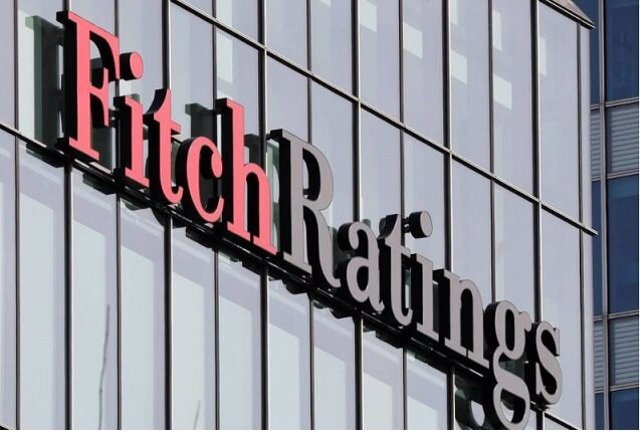The agency predicts a "mild recession" in the United States in the second half of 2024
MADRID, 13 Sep. (EUROPA PRESS) -
Fitch Ratings says the global economy is likely to grow "a little faster" in 2023 than the ratings agency expected in its June Global Economic Outlook (GEO) report, although it has worsened estimates for 2024.
However, the deep decline in China's housing market is "clouding global growth prospects", just as monetary tightening is increasingly weighing on demand prospects in the United States and Europe.
In sum, Fitch has revised upwards its global growth forecast for 2023 by one tenth, to 2.5%, reflecting the surprising resistance shown so far this year by the United States, Japan and emerging markets, excluding China.
We have increased the growth of the United States by eight tenths, to 2%, that of Japan by seven tenths, to 2% as well, and that of the emerging countries without China by five tenths, to 3.4%. This has more than offset the cut of eight tenths in China, to 4.8%, and the cut of two tenths in the euro zone, to 0.6%.
The differential between the growth of emerging economies excluding China and developed economies is expected to increase this year towards historical levels, in part, as a reflection of the advance of the monetary policy tightening cycle in emerging markets.
The expected stabilization of the Chinese real estate market "has not materialized" and new sales could fall by 20% this year. Housing represents a third of investment and 12% of Chinese GDP, and has a strong multiplier impact on the economy as a whole. Policy easing has been "unsatisfactory" to date, according to Fitch, and export demand is falling.
For its part, the rapid growth of consumption in the United States has continued this year, despite the tightening of the Federal Reserve (Fed), helped by the savings buffers accumulated by the pandemic and solid growth in household income, as employment and wages have increased rapidly. Demand for labor has slowed in recent months and wage inflation will continue to decline as the labor market continues to cool.
Additionally, tightening credit conditions are "increasingly evident," and credit momentum in the United States is turning negative. The decline in profit growth also indicates a weakening outlook for business investment. In this way, Fitch "expects a slight recession in the United States", although it now expects it to occur in the second half of 2024.
The recovery of the euro zone has stalled after the energy crisis and now faces "new external challenges derived from the slowdown in global trade and China." Fitch expects the German economy to contract 0.4% this year. "The tightening of ECB policy is weighing down credit growth," Fitch summarized.
However, we have lowered our global growth forecast for 2024 by two tenths, to 1.9%, with widespread downward revisions. We have cut the forecast for the United States by two tenths, to 0.3%, that of the euro zone by three tenths, to 1.1%, and that of China and emerging markets without China by two tenths, to 4.6% and 3%, respectively.













